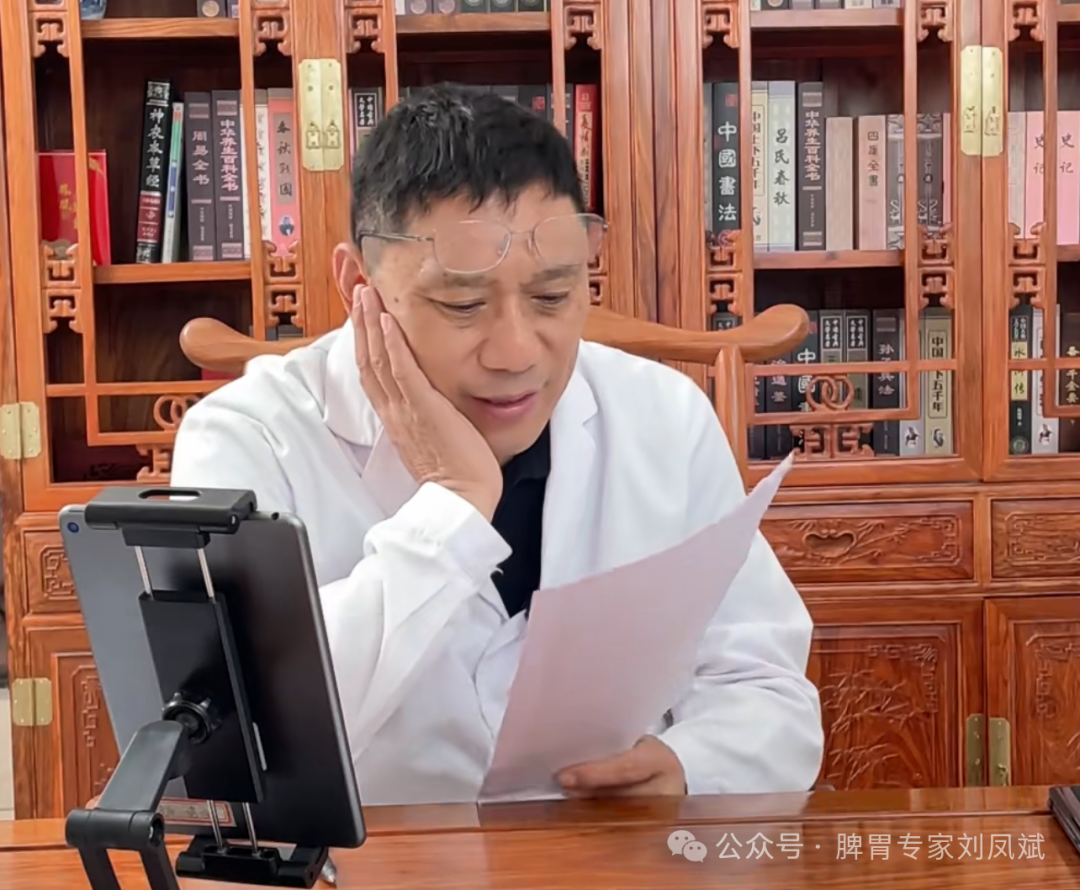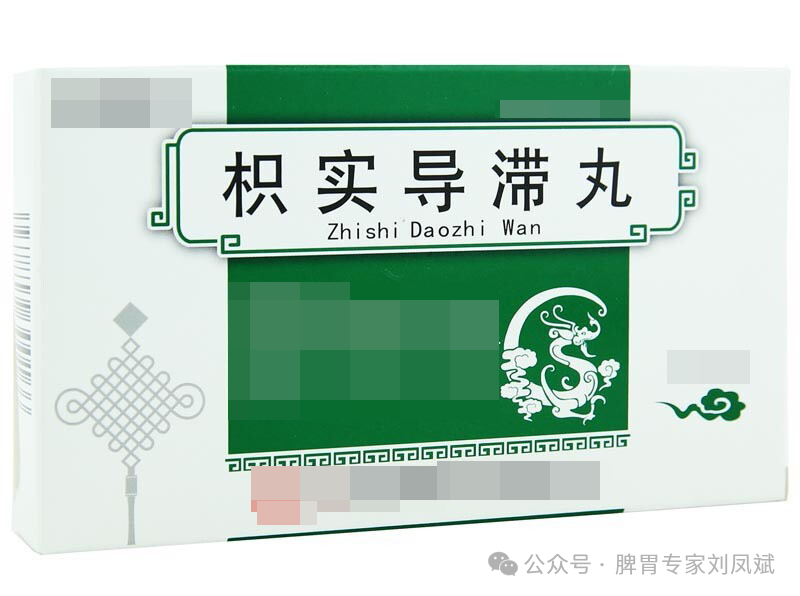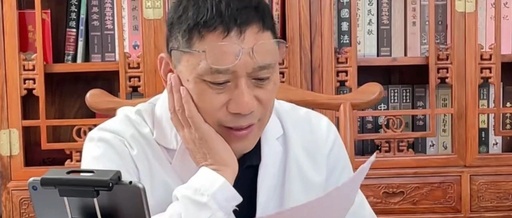Click the image ▼【Free Consultation】

Click on the above “Spleen and Stomach Expert Liu Fengbin”, enter the main interface, click the upper right corner “…”, and select the first option in the pop-up “Set as Starred”, so you can see Dr. Liu’s latest articles every day at the first time~
For friends with a phlegm-damp constitution, there is an important TCM concept to know, which is “unblocking instead of supplementing”. What does this mean? It means don’t rush to take tonics; first, you need to clear out the accumulated waste and toxins in your body, allowing it to restore normal absorption function. At that point, you won’t need to specifically supplement, and your body can maintain a good state.
I often encounter patients with “strong stomach and weak spleen” during consultations. They eat normally, but the problem lies in their weak spleen, which cannot properly digest and absorb the food they consume, leading to accumulation in the body. Over time, this turns into phlegm-damp turbidity.

If this turbidity does not decrease and rises with the stomach qi, it can easily lead to belching, acid reflux, heartburn, and bad breath; when the spleen and stomach qi mechanism is disrupted, it can also affect the liver’s ability to regulate, leading to low mood, a feeling of discomfort in the throat, and endless phlegm, which can result in chronic pharyngitis and plum pit qi; if this phlegm-damp turbidity reaches the surface of the body, it can make a person oily and lead to body odor; if it enters the bloodstream, it becomes the culprit of high blood lipids and high blood pressure.
So what should be done in this situation? Stop thinking about supplementation; the urgent task is to clear this stagnant phlegm-damp turbidity. Here I introduce a formula — Zhi Shi Dao Zhi Wan (Atractylodes and Rhubarb Pill). This formula consists of Zhi Shi (Atractylodes), Da Huang (Rhubarb), Huang Lian (Coptis), Huang Qin (Scutellaria), Shen Qu (Malt), Bai Zhu (White Atractylodes), Fu Ling (Poria), and Ze Xie (Alisma).

Among them, Zhi Shi helps to promote the movement of qi and eliminate stagnation; Da Huang, Huang Lian, and Huang Qin specifically clear the internal damp-heat turbidity; additionally, Fu Ling and Bai Zhu strengthen the spleen and dry dampness, while Shen Qu aids in digestion and resolves accumulation. These herbs work together to effectively regulate issues caused by spleen and stomach weakness, such as phlegm-damp, damp-heat, and food stagnation.
In addition to medication, dietary efforts are also necessary. People with a phlegm-damp constitution should avoid greasy and overly sweet foods. Dinner should be light, and one should avoid overeating, allowing the spleen and stomach some space to gradually restore normal function.
I want to emphasize that before using any medication, a detailed differentiation of syndromes is necessary, and it is best to use under the guidance of a professional doctor.
If you have any issues, feel free to share your situation with me, and I will provide you with suitable adjustment suggestions after differentiation.
I am Liu Fengbin, a physician in the Spleen and Stomach Department of the First Affiliated Hospital of Guangzhou University of Chinese Medicine, with over 40 years of experience.

If you have spleen and stomach issues, please leave the corresponding number, and Dr. Liu will respond:
1. Tongue coating (tooth marks on the sides of the tongue + cracks in the middle + tongue color is pale white) indicates heaviness of dampness.
2. Body type (weight loss without scale change, soft fat, noticeable belly) is also prone to acne and oiliness.
3. Easily hot above and cold below (easily overheated without proper supplementation, poor spleen and stomach function, cold hands and feet) indicates a separation of the body’s upper and lower, leading to poor circulation and easy overheating while having cold extremities.
4. Gastrointestinal issues (stomach bloating, stomach pain, constipation, indigestion, dry mouth, bitter taste, belching, rumbling stomach, stomach qi rising) lead to overall fatigue, etc.
5. Chronic liver disease, liver cirrhosis.

